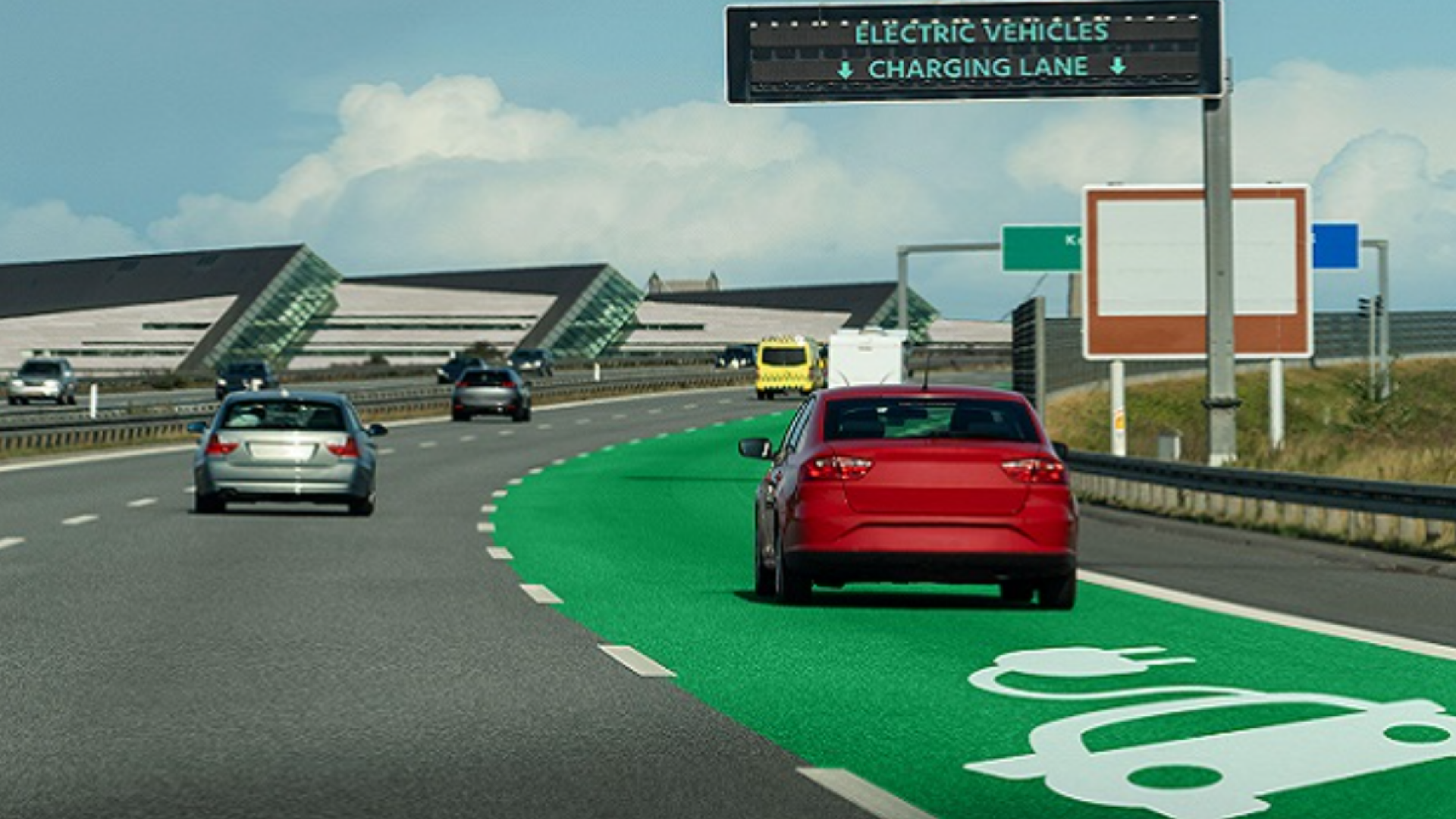© Scharfsinn / Alamy Stock Photo
By applying statistical geometry to analyzing urban road networks, KAUST researchers have advanced understanding of how wireless charging roads might influence driver behavior and city planning in a future where electric vehicles (EVs) dominate the car market.
“Our work is motivated by the global trend of moving towards green transportation and EVs,” says postdoc Mustafa Kishk. “Efficient dynamic charging systems, such as wireless power transfer systems installed under roads, are being developed by researchers and technology companies around the world as a way to charge EVs while driving without the need to stop. In this context, there is a need to mathematically analyze the large-scale deployment of charging roads in metropolitan cities.”
Many factors come into play when charging roads are added to the urban road network. Drivers may seek out charging roads on their commute, which has implications for urban planning and traffic control. Meanwhile, the density of charging road installations in a city, and the likely time spent on and between the charging roads by commuters, could influence the size of batteries installed in EVs by car manufacturers.
Read the full article



